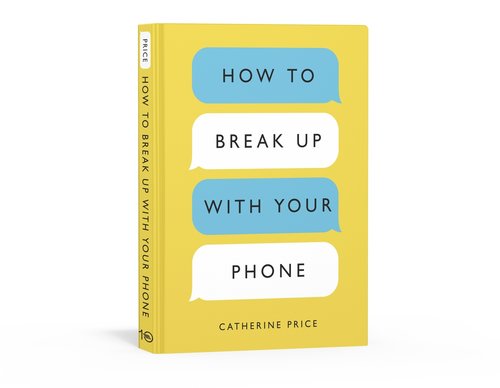When we talk about addiction at Where Grace Abounds, we are often referring to love or sex addiction. Pornography, sex, “addicted to love,” are other examples. Another topic we’ve been addressing more and more is technology addiction. This isn’t just about using technology (phone, tablets, computers, etc.) to access things that are clearly not good for us (porn, hook-up apps, etc.). Our brains can become addicted to simply using technology, especially when used as an escape from reality.
Wake-up Call
Several months ago, Apple released an update for the software on iPhones. One of the new features was a weekly report that informed users about how much “screen time” they are getting. In addition to the time spent, the report includes things like how many times per day you pick up your phone and how many notifications you get from various apps.
I was horrified by how much time I was averaging per day. My first report told me that I was spending about 4 hours per day looking at my phone! I knew that I was on it a lot, but that was surprising. Yes, some of it was checking email and doing work related tasks. Some of it was staying connected with friends and family via text or calls. But most of it (more than half) was social media, games and shopping! It isn’t like those things are inherently wrong or bad, but do I really want to be spending that much time on those things? No, I do not.
A heart check was (and continues to be) in order. Why am I opting to stare at a screen rather than being present to my life? A little escape is okay and even healthy, but too much of it becomes about checking out of life. I want to be present to my wife and children, my friends, family and others I come into contact with. Looking at a screen isn’t exactly an open door to conversation and connection with those sitting next to me.
How To Break Up With Your Phone
Scott, who I work with, came across a book that I am just beginning to delve into. It is called How to Break Up With Your Phone by Catherine Price. It is really good and filled with some practical steps to get your phone usage to a place that you want it to be. While smartphones may not have been deliberately designed to be addictive, they are intended to get our attention. I get notifications throughout the day, usually several per hour. I’m not talking about texts, but the various apps that want to remind me they are there. Some are annoying, some are informative, and some are exciting. Notifications can be adjusted in the phone settings, but I don’t always get around to doing it.
I appreciate the tone that Price writes her book with. She makes a good case for why our relationships with our phones need to be addressed but also offers practical ways to re-order that relationship. Smart phones are not evil, but the way we use them can be destructive to our lives and relationships.
The last half of the book is dedicated to a 28 day plan to change your relationship with your smart phone. Week 1, “The Technology Triage”, is about assessing your usage and making a few changes. Week 2, “Changing Your Habits,” gives some guidelines and tips to reorganizing your phone and changing some behaviors. The 3rd Week, “Reclaiming Your Brain,” includes some ways to be present to yourself and those around you and builds toward a 2 day “Trial Separation” from your phone. Week 4, “Your New Relationship,” is about evaluating what you want out of life and how your phone can help with that, rather than hindering it.
Want to join me in going through this book? Let’s look at how we use our phones and make some positive changes together.

Roger Jones
Executive Director

